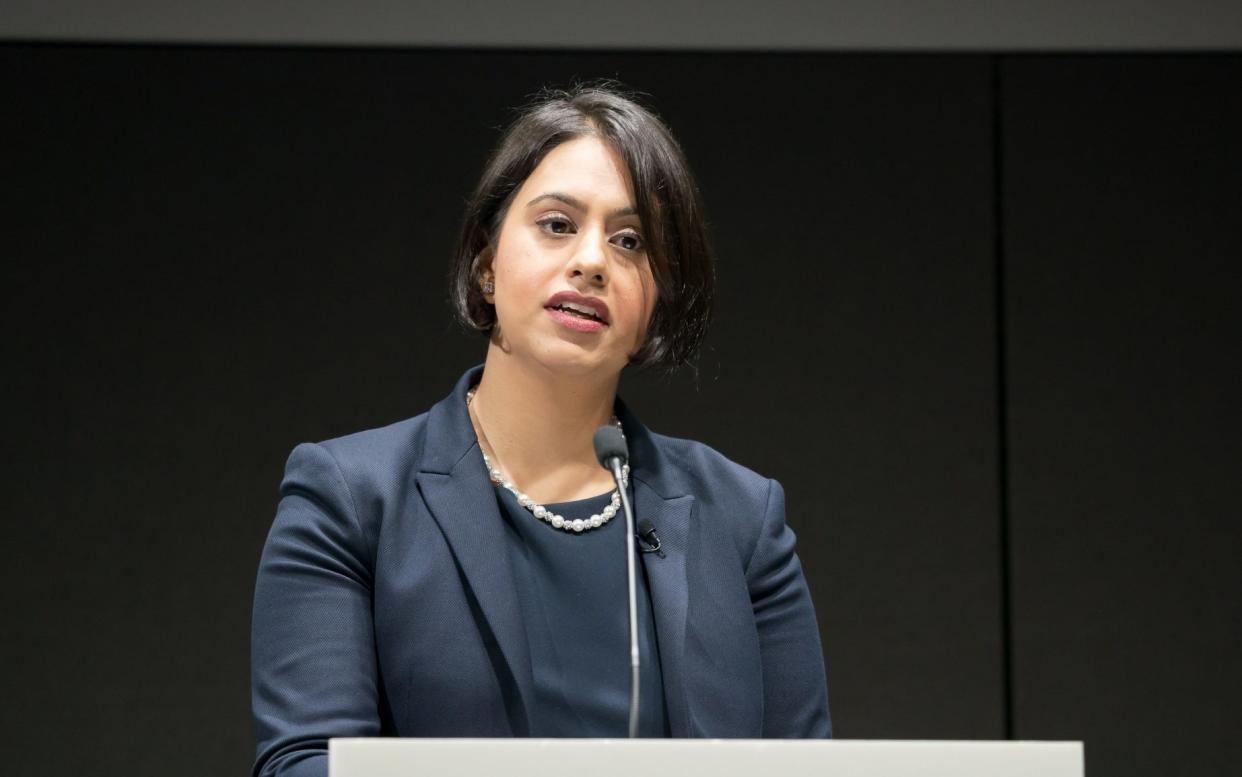A duty of care law is urgently needed to combat rise of hateful extremism online, says Government adviser

A new duty of care law to rein in social media firms is urgently needed because of their failure to prevent extremists exploiting the Covid-19 to stir up hatred and sow division, the Government’s adviser on extremism said on Thursday.
In a report on online extremism during the pandemic, Sara Khan reveals that more than 90 per cent of posts containing false information, conspiracy theories or extremist comments were not acted on by the social media firms despite volunteers flagging them to the companies.
She accused the companies of fueling conspiracy theories because they were slow to takedown content and some algorithms pushed users towards more similar extremist content.
Her investigation found the scale of online extremist content and engagement was deeply concerning ranging from Islamist propaganda against the West, Far Right groups promoting racist and supremacist views and anti-semitism.
She cited as an example Islamist extremist group Hizb utTahrir which used the COVID-19 pandemic to further their anti-democratic narratives by calling for the establishment of the Khilafah (Caliphate) as “both a political and theological necessity for which no sacrifice is too small.”
“Some Islamist activists may be exploiting legitimate concerns regarding securitisation to further drive a wedge between communities and the Government,” she said.
“This has taken the form of conspiracy theories on social media accusing the Government of attempting to use future vaccines to deliberately harm minority communities and that Covid-19 is a conspiracy used to control the population.”
On the Far Right, she cited examples of an attempt to whip up anti-Muslim hatred through “fake news” showing British Muslims flouting social distancing rules were promoted.
In one case a picture taken outside of a Leeds mosque appeared to show Muslims breaking the rules. Although quickly refuted by West Yorkshire police, and shown to be false, it had already gained traction on social media with 2,700 shares on Facebook.
Her investigation found hundreds of thousands of Far Right posts around Covid-19 and millions of engagements with known disinformation sites.
This included a marked increase in conversations within Far Right circles about “elites” such as Bill Gates, George Soros, the Rothchilds and Jeff Bezos and false information about their role in the creation of the virus.
“Despite the scale of conspiracy theories online, social media companies are not doing enough to tackle this problem,” said Ms Khan, pointing to data which showed only nine per cent of the posts flagged to the tech giants were met with meaningful action.
She called for the Government to commit to ensuring hateful extremism was included within the remit of the new online harms regulator overseeing the proposed new duty of care laws. She said existing laws on inciting hatred should also be enforceable online.
“Government needs to ensure it has the right levers and tools to hold social media companies to account for the content that is posted on their platforms,” said Ms Khan. “Platforms need to take firmer steps to remove content and users who post abusive content, taking better account of the victims who are often repeatedly targeted by the same people.
“A regulator with real power, as suggested by the Online Harms White Paper, could make a significant difference. But their remit must include online hateful extremism and our existing laws on inciting hatred also need to be enforceable online.”


